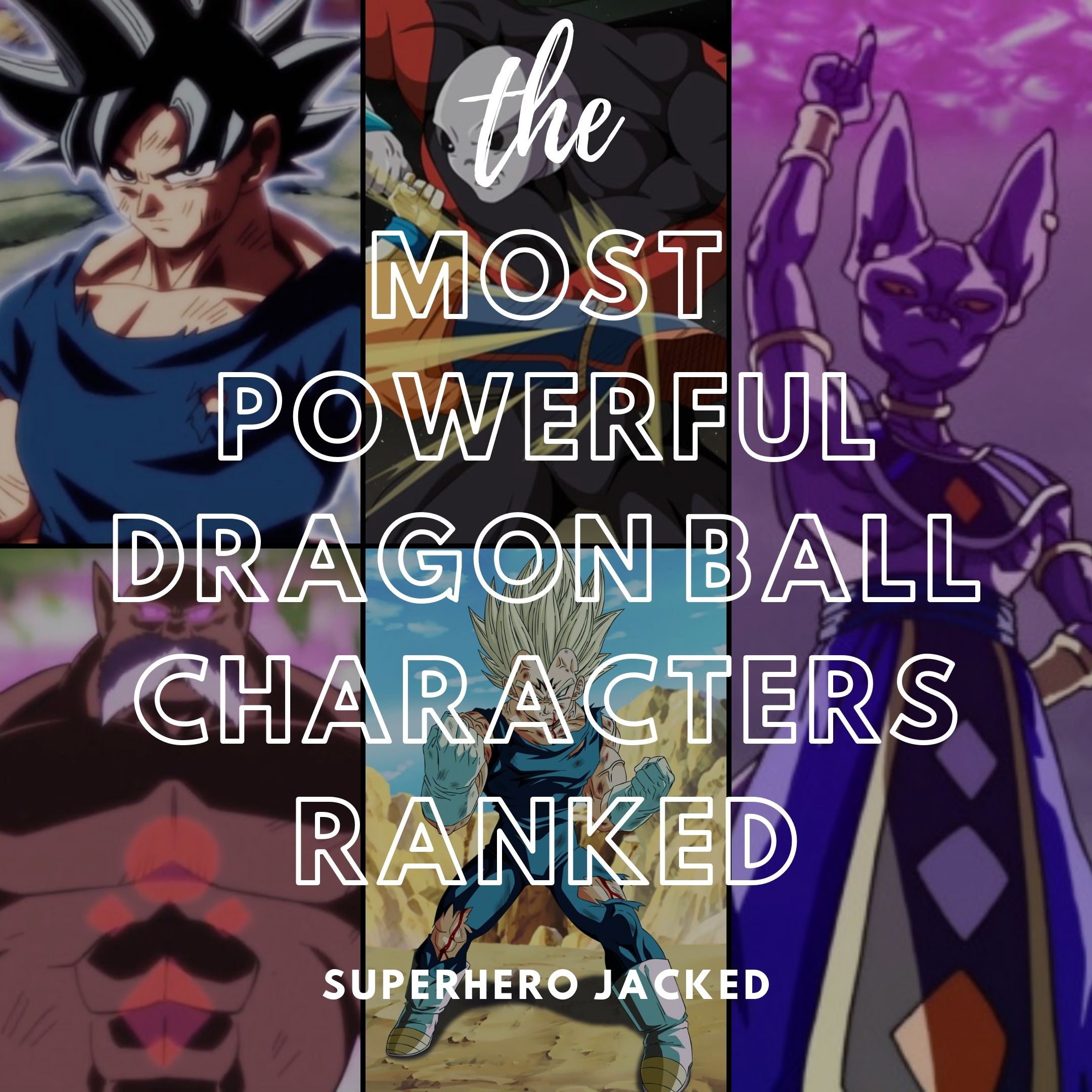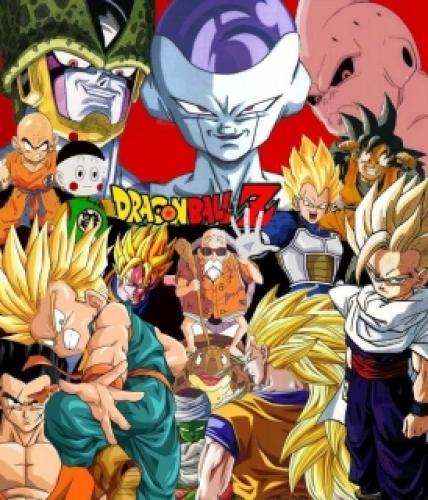
I too cannot say whether this challenge is justified-it very much depends on the local community, the entire collection, and what the librarian and school sees as appropriate. Involving politicians in challenges never seems to make matters clearer, only more visible. Whatever the librarian might’ve done if she or he had been consulted first (although from these stories, it’s unclear whether she or he was) is now unknowable, and it’s too bad that the parent with the concern didn’t take it to the librarian rather than a county council member. The problem with challenges like these is one, they’re public, and two, there are a lot more people involved now than just the librarian. I agree with what Esther says: There’s nothing wrong with looking at a book and realizing it isn’t actually appropriate for your collection and removing it. Robin: One question I would ask is how long Dragon Ball has been in this particular library: if I recall correctly, many librarians who were interested in manga early on bought Dragon Ball very much because it was on television and many didn’t check that the content of the manga was appropriate for their collection. This doesn’t belong in my collection for reasons x, y or z." I think that honesty makes us stronger librarians and I’ve done it on occasion in my school library. While censorship is wrong, there is nothing wrong with looking at a purchase and saying, "Hey, I made a mistake. Perhaps this title doesn’t really belong in this particular school library. So perhaps this was an oversight or a purchasing error. But he also writes in his review that Dragon Ball contains violence, nudity, sexual humor while he only writes that Dragon Ball Z contains violence.

His reviews list the age rating from Viz – 13+ for Dragon Ball and All ages for Dragon Ball Z. Out of curiosity, I looked up the two titles this morning in Jason Thompson’s Manga: The Complete Guide. I know when I first started developing my GN collection in 2003, I decided not to purchase Dragon Ball for my middle school library and was steered to Dragon Ball Z instead.

If students have access to all part of the library, it will make librarians weary of buying those titles. There are titles appropriate for middle school that are not appropriate for an elementary school. I wonder if this particular school had a separate graphic novel collection for the younger students and the older students. I cannot imagine trying to deal with the difference between 6 and 14. I have enough issues dealing with the vast maturity difference between ages 11 and 14. What further complicates this case is that the school in question serves both elementary age children and middle school.

They have a committee to review the book and to see if it fits into the collection development policy. As far as how the district is handling the challenge… it seems quite appropriate. But as a school librarian, I know how important it is to have a strong collection development policy and procedures in place to deal with challenges. This raises a lot of interesting questions: Was this particular challenge appropriate? How can librarians deal with a franchise where different media may be pitched at different age levels? (I believe this happens a lot with superheroes, where the movies are more kid-friendly than the comics they are based on.) What resources can librarians draw on to evaluate a series? And how can they keep incidents like this from giving all manga a bad name?Įsther: I don’t feel comfortable saying whether or not this challenge is appropriate, because censorship is such a slippery road. If I recall correctly, the anime of Dragon Ball is more G-rated than the manga, and also Viz began editing that sort of thing out of the American edition in the later volumes, after a similar complaint.

Brigid: Anime News Network reports that a school library in Maryland removed the first volume of Dragon Ball from its shelves because a parent complained about nudity and sexual innuendo.


 0 kommentar(er)
0 kommentar(er)
